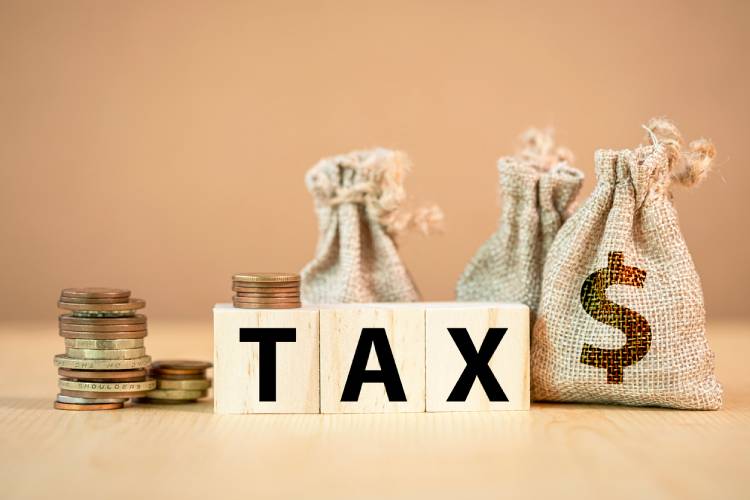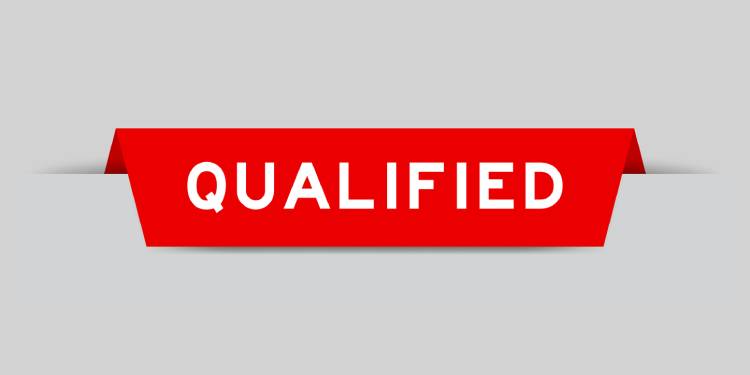H-3 Visas for Trainees and Special Educators
This blog explores the H-3 visa category, detailing its eligibility criteria, application process, and opportunities for trainees, special education exchange participants, nurses, and medical students.
Buffalo: (716) 970-4007 | Toronto: (866) 697-1832
Buffalo: (716) 970-4007 | Toronto: (866) 697-1832

This blog explores the H-3 visa category, detailing its eligibility criteria, application process, and opportunities for trainees, special education exchange participants, nurses, and medical students.

If you are a spouse or have children under 21 and your partner holds an L1 visa, you might be eligible for the L2 visa. This status allows you to join your loved one in the U.S., either to accompany them during their stay or even to take up employment or studies. Here’s how you can apply for and obtain L2 status.

Applying for a U.S. visa as a dependent of an E-visa holder involves specific steps and required documentation. If you are the spouse or a child under 21 of an E-visa holder, preparing your application separately necessitates gathering several critical documents to present at your consulate interview.

Immigration processes can be lengthy and fraught with delays, leaving applicants in limbo. When unreasonable delays occur, filing a mandamus action might be the only recourse to compel action. A mandamus is a judicial remedy in the form of an order from a court to an inferior government official requiring the fulfillment of an administrative action. However, this extraordinary remedy should be used only in exceptional cases.

The Violence Against Women Act (VAWA) offers a pathway for immigrants who are victims of abuse by certain U.S. citizens or lawful permanent residents to seek safety and stability in the form of a U.S. Green Card. Here’s an overview of the eligibility requirements and the application process for navigating this delicate situation.

Whether you are a resident or nonresident alien impacts your U.S. tax obligations significantly. Understand the differences and tests, including the green card and substantial presence tests, to determine your status accurately.

U.S. Citizenship and Immigration Services (USCIS) introduces a significant update to the validity period of Form I-693, offering indefinite use for properly completed forms signed on or after November 1, 2023. This article covers the new policy, its background, and what it means for applicants.

Under U.S. immigration law, the “public charge” concept often raises questions among immigrants and their families. The term refers to an individual primarily dependent on the government for subsistence. Understanding who is subject to the public charge of inadmissibility and who is eligible for certain public benefits under the 2022 Final Rule is crucial for noncitizens navigating the path to lawful permanent residency or naturalization. This blog post explores these aspects in detail, clarifying eligibility for federal public benefits and the potential impact on naturalization.

For nonimmigrant visa holders in the United States, understanding which public benefits you are eligible for—and how receiving these benefits might affect your visa status—is crucial. Nonimmigrant visa categories encompass various purposes, including tourism, business, study, and temporary work. The eligibility for public benefits among nonimmigrant visa holders is limited, reflecting the temporary nature of their stay in the U.S. This post explains the benefits nonimmigrant visa holders can and cannot receive and the impact on their visa status.

Becoming a U.S. immigrant is a process with various stages and documentation. Receiving a notice that your Immigrant Visa Case has become Documentarily Qualified marks a significant milestone in this journey. This blog post will help you understand what this status means, prepare for your embassy interview, and determine what steps you should follow next.